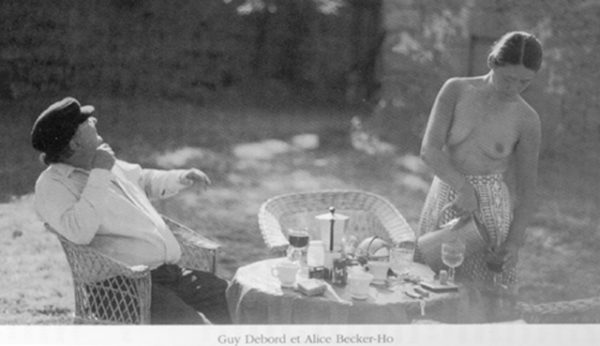Sorry for my poor use of language. I am writing this piece with a hangover, or let’s call it a hangover, for it could also be a perpetuated drunkenness since I’ve had my first drink of the day already. Let me make a distinction here. I feel the need for categorisation too, but let’s be precise. I was having drinks with an Australian girl. My English was quite rudimentary at the time. Or, I was much more insecure about my use of the English language and about things in general. Alcohol offers a solution, it makes one speak in tongues that one did not realise one was capable of. Anyway, we where talking about drinking and in my ignorance (or it was my self induced linguistic confusion) I collided the two words alcoholics and alcoholistenisten – alcoholistenisten is the Dutch word for alcoholics – introducing the word alcoholist into the English language. We turned it into a running gag for the rest of the evening, a floating signifier in search for a definition. It took me years to realise the importance of the word alcoholist in the English language could be; only when I became one myself did I understand the nuance between alcoholic and alcoholist. Professional drinking has been around since the dawn of marked capitalism. Even before one could speak about any form of professionalism, drinking has functioned as a aggregate for social bonds. Alcohol, can make or brake ones position in the social hierarchy. This is exactly where the differentiation between alcoholic and alcoholist lies.
However there are famous examples like Guy Debord who liked his drink and resisted professionalism as such, and seem to make it viable to think that the success of drinking is much more in the creation of social bonds in general than that the particular role of drinking in a marked economy alone. So lets say that an alcoholist is more than just another kind of worker.
